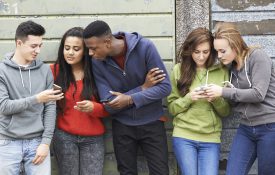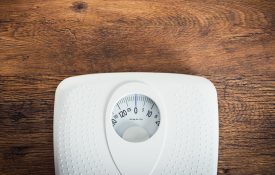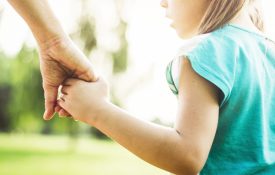-

When a “Golden Opportunity” to Bribe Arises, It’s Hard to Pass Up
Studies led by researchers at VU Amsterdam suggest that the path to corrupt behavior may sometimes be a steep cliff instead of a slippery slope, contrary to popular belief.
-

Teens Unlikely to Be Harmed by Moderate Digital Screen Use
New findings from over 120,000 adolescents in the UK indicate that the relationship between screen time and well-being is weak at best, even at high levels of digital engagement.
-

Children Gain More Weight When Parents See Them as ‘Overweight’
Children whose parents considered them to be ‘overweight’ gained more weight over the following decade compared with those whose parents thought they were ‘normal weight,’ according to data from two nationally representative studies.
-
New Research in Psychological Science
Read about the latest research published in Psychological Science: The Role of Hedonic Behavior in Reducing Perceived Risk: Evidence From Postearthquake Mobile-App Data Jayson S. Jia, Jianmin Jia, Christopher K. Hsee, and Baba Shiv How does experiencing a disaster affect people's daily behaviors? To study this, the researchers followed participants who had experienced the Ya'an earthquake, which occurred on April 20, 2013, in southwest China. The researchers used phone data to examine telecommunications and app usage in the timeframe before and after the earthquake. One week after the earthquake, a subset of participants reported how threatened they currently felt by the earthquake.
-

Detecting Misinformation Can Improve Memory Later On
Exposure to false information about an event usually makes it more difficult for people to recall the original details, but new research suggests that there may be times when misinformation actually boosts memory.
-

Children Can ‘Catch’ Social Bias Through Nonverbal Signals Expressed by Adults
Preschool-aged children can learn bias even through nonverbal signals displayed by adults, such as a condescending tone of voice or a disapproving look.

